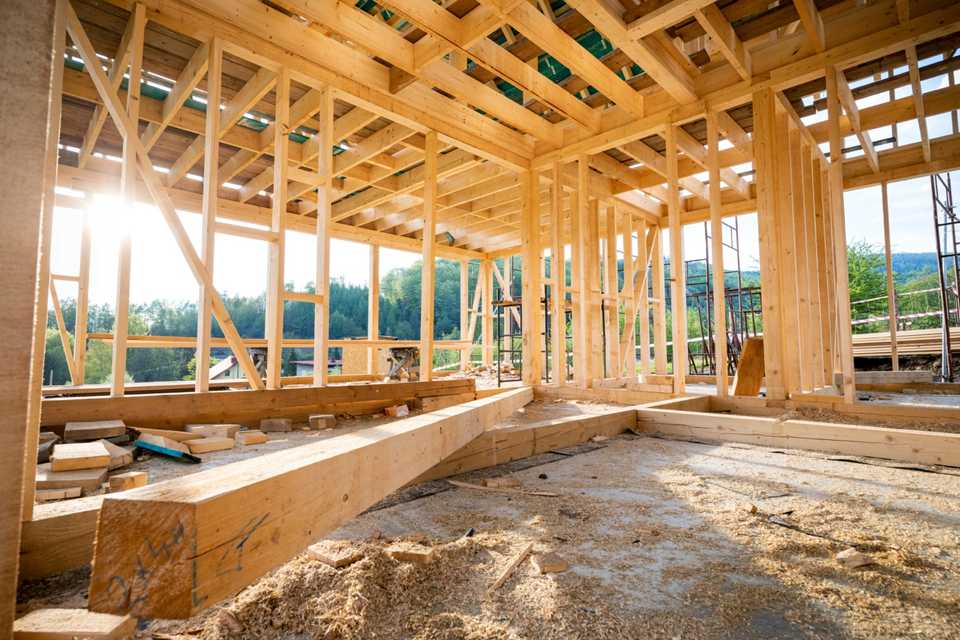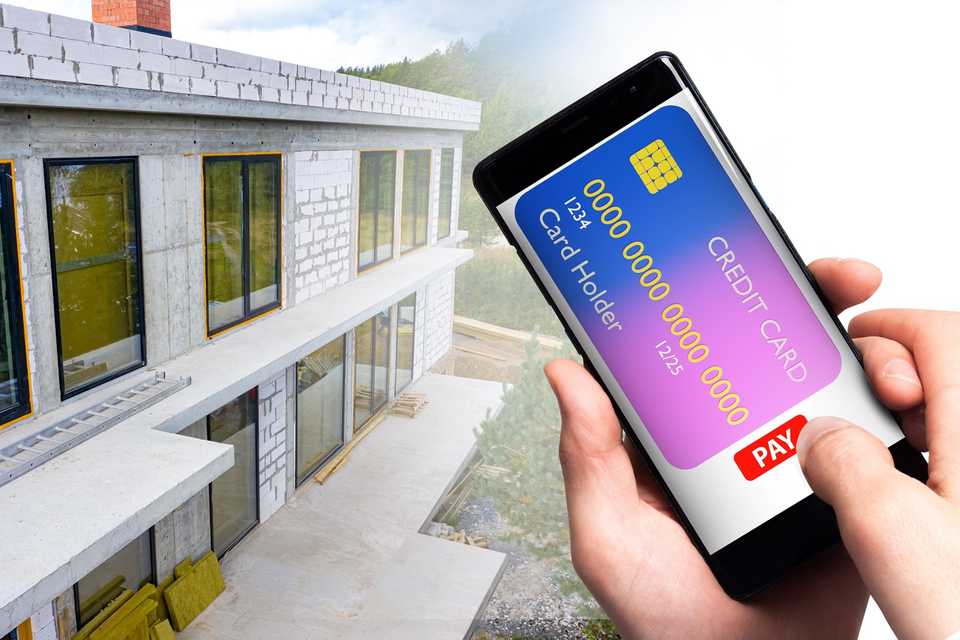What happens when you trust a contractor to build your dream home, but suddenly find out that they have gone bankrupt?
The same scenario is possible if you have undertaken major renovation work, only to receive the bad news that your contractor is insolvent.
You then lose all the deposits you have paid and you find yourself stuck with unfinished work. Unfortunately, there are many stories where a person is harmed by their construction contractor.

Do you have any recourse against your bankrupt builder ? Can you claim the completion of the work, or at least a refund of the deposits?
The answer will depend on your situation, particularly whether it is the construction of a new home or renovation work.
JuriGo then presents you with everything you can do when your construction contractor is bankrupt!
What are your options if your builder goes bankrupt during the construction of a new home?
You subscribed to the services of a contractor in order to build your dream house, but after transferring him considerable sums as deposits, he takes off?
Your remedies will first depend on one criterion: under theBuilding Act and the Regulation on Warranty Plans for New Residential Buildings , contractors who build anew residential building are required to subscribe to a warranty plan.
This warranty plan is administered by theResidential Construction Guarantee (GCR) organization. With the GCR plan, a contractor is accredited to undertake construction work for a new home.

Similarly, a construction entrepreneur must have a license from the Quebec Building Authority (RBQ). So, if you decide to do business with an individual who carries out construction work without a license and without accreditation and who wants to be paid "under the table", you will not have many options in terms of recourse.
So, what to do if your contractor goes bankrupt? It's very simple: the terms provided by the GCR guarantee will continue to apply. You will then be always protected by the mandatory GCR guarantee plan, regardless of whether your contractor has gone bankrupt.
To avoid bad surprises, it is recommended that you ensure from the start of your construction project that your contractor is well accredited and licensed with GCR and the RBQ.
You can also ensure that the construction company you want to do business with is indeed accredited by the GCR by consulting the directory of accredited companies on the GCR's website.
What is the GCR's mandatory warranty?
It is first necessary to distinguish between two situations: if the contractor goes bankrupt before the delivery of the new house to the buyers or if he goes bankrupt after having delivered the house.
If the contractor goes bankrupt before the delivery of the new house to the buyers, two possible remedies are provided for buyers in Article 9 of the Regulation:
- The completion of the work; or
- The reimbursement of the deposits paid.
In order for you to obtain the completion of construction work, that is to say for the work to be completed, you must be the holder of the property title of the house. This means that you must be the owner of the new dwelling at the time your contractor goes bankrupt.
The courts have nevertheless recognized another situation where the completion of the work can be requested: when the buyer becomes the owner of the house after the bankruptcy of the contractor, while the trustee transfers the property of the house during the liquidation of the assets of the bankrupt contractor.
This rule follows the logic according to which the property title transferred by the trustee is as valid as the one obtained by the sale made by the contractor before his bankruptcy.

To obtain the completion of work, it is necessary that the work on the residential building has at least been started. If the work had not started at the time the contractor went bankrupt, it will not be permissible to request the completion of the work.
This is also the case for the initiation of construction work on buildings. Indeed, according to the courts, all the work of designing plans, preparing the land, excavation, foundation, etc. are not sufficient to obtain completion.
Since these works are preliminary to the construction of the house, it is not appropriate to request the completion of construction works. In such a situation, buyers are therefore limited to the remedy of reimbursement of deposits paid, up to the maximum amount of $50,000 provided for by the Regulation.
At what stage should one be in the construction of the building in order to request the completion of the works? According to the law, it is not necessary to be at the very end of the construction work to request completion.
It is simply necessary for a start of building to have been erected. The situation of the building is evaluated on a case by case basis by GCR, who decides if the requirements for the completion of the works are met.
What to do if your contractor goes bankrupt during RENOVATION work?
Renovation work does not involve the construction of a new residential building, which means they are not covered by the GCR guarantee plan. Therefore, if you hire a renovation contractor, you must take certain precautions in order not to suffer too much damage in the event of your contractor's bankruptcy.
First, you must be aware of your rights at the time of signing the contract with a construction contractor and you must ensure that you do not get taken advantage of. In this contract, you must specifically agree with your contractor on the payment terms.
If it's minor work, you can agree to pay the contract amount at the end of the work. If it's more extensive work, you will need to establish a payment schedule in the contract with your contractor. From then on, you can require to pay your contractor in installments, that is, as the work is carried out.

To be better protected, you should also make your payments by check or credit card in order to always have a confirmation of the amounts you have paid. You should also request a signed receipt from your contractor which includes the date and the reason and amount of payment.
Should you make a down payment to the contractor when signing the contract? In terms of residential renovation, as much as possible, it is not recommended to make down payments to your contractor. If this is not possible, it is recommended to negotiate in order to only give a very minimal amount.
Why is that? Because several individuals have lost significant amounts at the time of the contractor's bankruptcy. As renovation work is not covered by the GCR warranty, it is more difficult for a wronged client to recover the amounts of the down payments from a contractor who has gone bankrupt.
Thus, to avoid any complication at this level, it is strongly advised to limit the payment of down payments within the framework of a residential renovation contract.
Find a construction law attorney with JuriGo in case of a contractor's bankruptcy!
When it comes to building a new home, several protections are available to you in the event of a contractor's bankruptcy thanks to the GCR warranty plan.
If your contractor is certified by GCR, you should not have too much difficulty obtaining either the completion of the work, or the refund of down payments - depending on your situation.
If you ever face a contractor who has gone bankrupt, you should first call a lawyer specializing in construction law. This expert in legal and contractual obligations in construction can help you get the appropriate repairs after the bankruptcy of your contractor.
But how do you find a construction law attorney? JuriGo can make it simple for you! Yes indeed, we can put you in touch with one of our partner attorneys who specializes in construction law.
All you have to do is fill out the form at the bottom of the page, and you will be put in contact with a specialized attorney in your area. This referral is free and does not commit you to anything, so don't delay any longer!